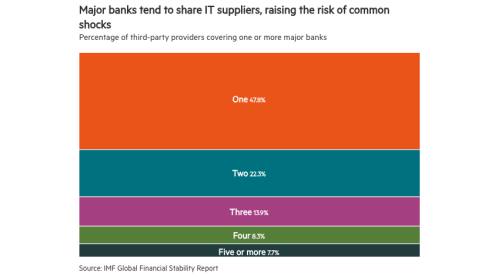Despite the successes of financial centres emerging around the world, London and New York still retain the top position in the international rankings, as shown by this year’s global financial centres index (GFCI) commissioned by the City of London, which ranks centres based on external benchmarking data and perception of competitiveness.
The UK capital, however, as is the case with its US peer, has long been aware of the mounting risks to its supremacy posed by rapidly growing centres in other parts of the world.
Middle Eastern hubs are posing direct competition to the world’s biggest centres due to their increased sophistication. The case of Dubai is indicative: the emirate launched a new exchange earlier this year, the Dubai Gold and Commodities Exchange, which started trading in a version of the benchmark West Texas Intermediate crude oil futures contract that already exists in London and New York. Respondents to the GFCI survey also regard Dubai as the centre most likely to grow in significance, and the one where most may choose to locate operations in the next few years.
Competitors on the fringes
Even if not expanding in size, other centres present a threat to the mainstay venues. Although long-established, Luxembourg, for example, is miniscule compared to other European competitors, yet it is cited positively by respondents in the GFCI survey. It has attracted only nine investment projects to its financial services sector from January 2003 to June 2008, compared to London’s 254 ventures. Its concentration on specialist areas, however, is regarded as a potential menace to bigger centres’ business.
Other hubs’ strategies are subtracting income from London. When talking about business environment, tax and regulatory regimes are at the top of investors’ minds, a factor that Dublin has exploited.
The Irish capital’s favourable tax regime has attracted many corporates, which have relocated their headquarters and subsidiaries there. One of these is top-tier investment bank Merrill Lynch, which moved its main European subsidiary to Dublin to reduce exposure to London’s tax regime. The decision naturally sparked concerns that the investment bank was moving business away from the UK capital but as Merrill has now booked $29bn of losses deriving from US subprime mortgage-backed derivatives through its London subsidiary, it seems that the bank is still firmly grounded in London. Merrill has traditionally booked such products through the UK centre, although they were generated in the US. The losses they generated will cause a further reduction in tax income for London.
The banking sector is a major driver in any financial centre. Large banks accounted for about 30% of the UK’s corporation tax receipts last year, according to a study by consultancy firm PricewaterhouseCoopers. Banks are estimated to provide about 20% of New York’s state revenues and 9% of the city’s income. The 25 banks worst hit by the crisis – almost all of them based in the US and Europe – have lost more than $300bn so far. It will be interesting to see if the credit crisis will bear longer-term effects on financial institutions’ profitability or on the fate of the financial centres which host them.







